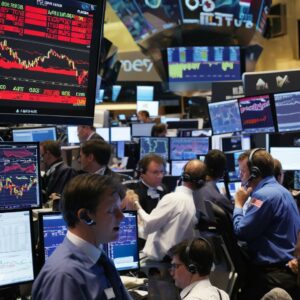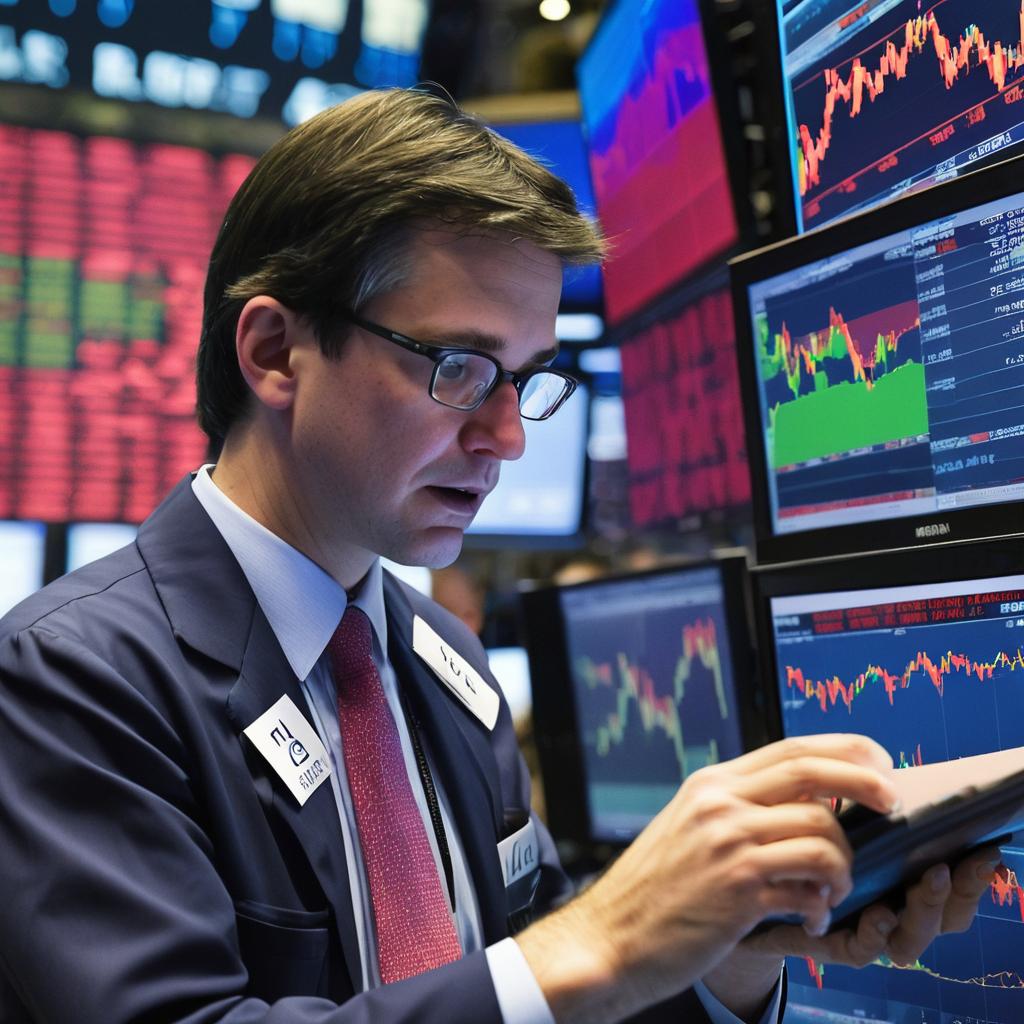Global events, ranging from geopolitical tensions to economic crises, have a profound impact on the stock market. Understanding how these events influence market dynamics is crucial for investors seeking to navigate volatile conditions and make informed investment decisions. In this comprehensive guide, we’ll explore the various ways in which global events can affect the stock market and provide insights into managing investment risk in an ever-changing world.

Global Events – Geopolitical Tensions:
- Market Sentiment: Geopolitical tensions, such as conflicts between nations or geopolitical instability, can create uncertainty and volatility in the stock market. Investors may react negatively to geopolitical events, leading to sell-offs and market downturns.
- Safe-Haven Assets: During times of geopolitical uncertainty, investors often seek refuge in safe-haven assets such as gold, government bonds, and defensive stocks. These assets tend to perform well during periods of market turbulence, providing stability to investors’ portfolios.
Global Events – Economic Crises:
- Recessionary Pressures: Economic crises, such as recessions or financial downturns, can significantly impact stock market performance. Declines in consumer spending, corporate earnings, and overall economic activity can lead to widespread market declines and investor pessimism.
- Government Intervention: In response to economic crises, governments and central banks may implement monetary and fiscal policies to stimulate economic growth and stabilize financial markets. These interventions can influence investor sentiment and market expectations.
Natural Disasters:
- Industry-Specific Impacts: Natural disasters, such as hurricanes, earthquakes, or wildfires, can disrupt supply chains, damage infrastructure, and impact specific industries or regions. Investors may react by adjusting their portfolios to account for the short-term and long-term effects of natural disasters on affected companies.
- Insurance and Reconstruction: Following natural disasters, companies in sectors such as insurance, construction, and infrastructure development may experience increased demand for their products and services. Investors may identify investment opportunities in these sectors as they play a crucial role in post-disaster recovery efforts.
Conclusion:
Global events have a significant influence on stock market dynamics, shaping investor sentiment, market volatility, and investment opportunities. By staying informed about geopolitical developments, economic trends, and natural disasters, investors can better assess risk, identify potential opportunities, and make strategic investment decisions. While global events may create uncertainty and volatility in the short term, a disciplined investment approach and focus on long-term fundamentals can help investors navigate turbulent market conditions and achieve their financial goals.
